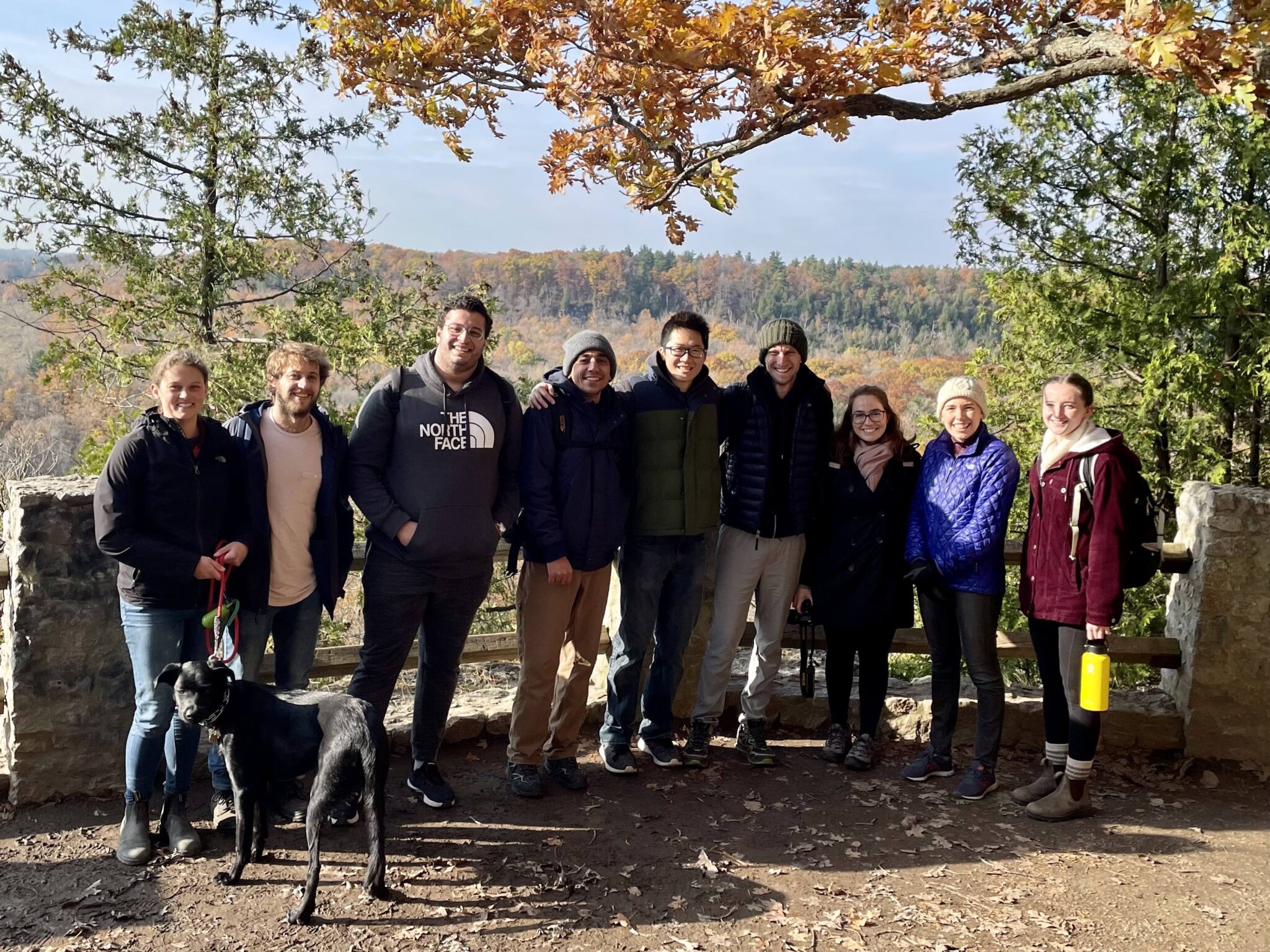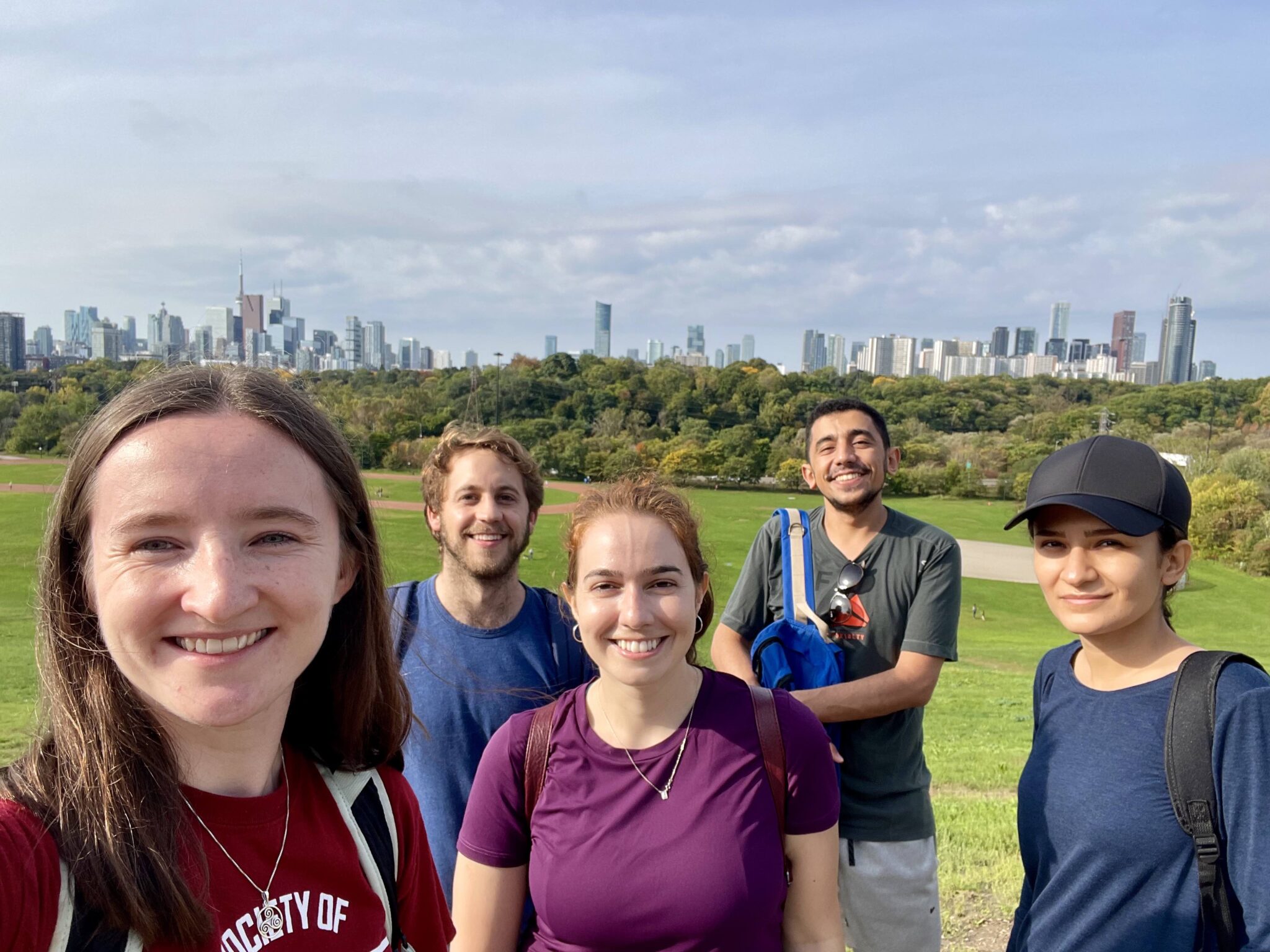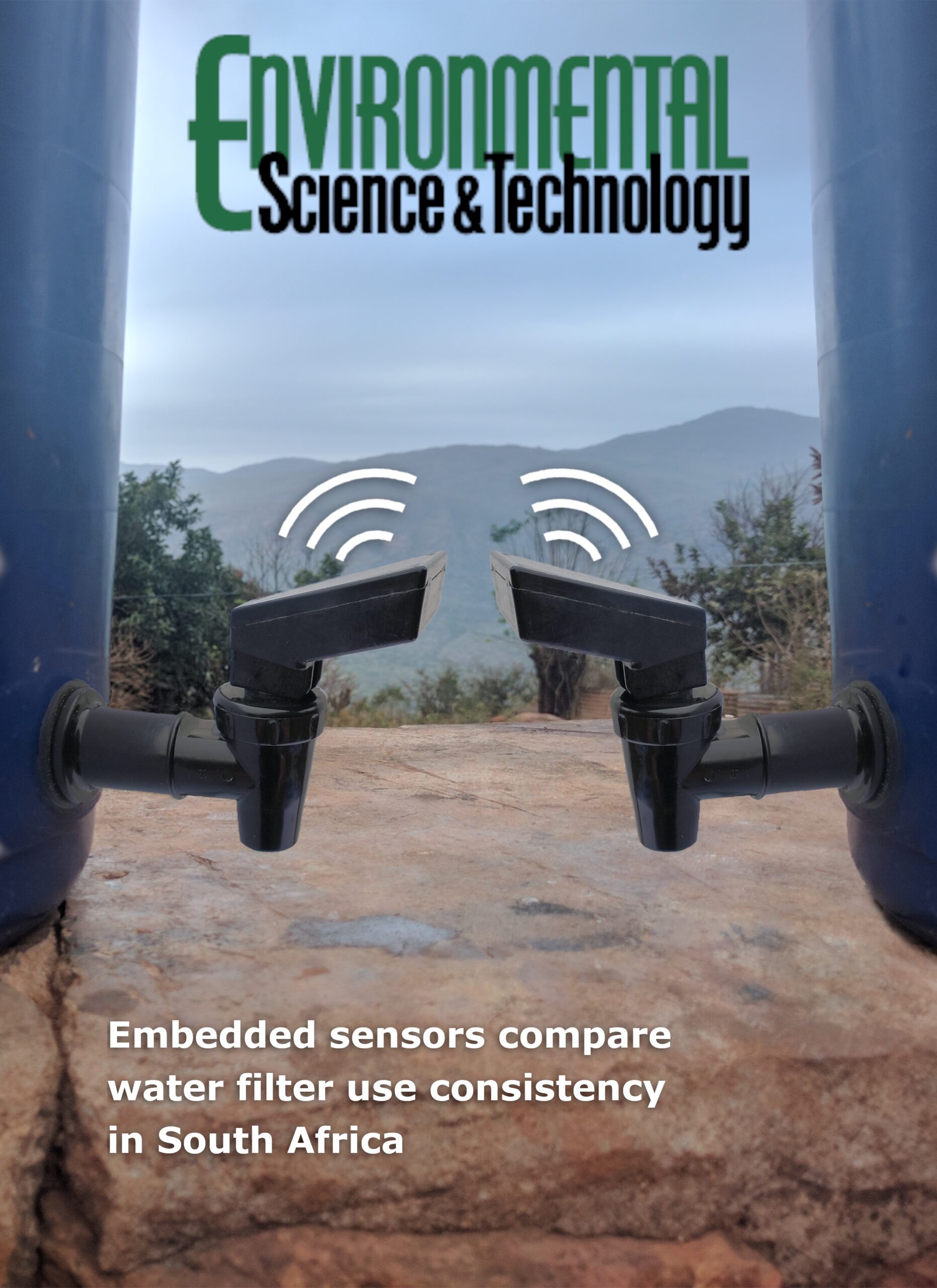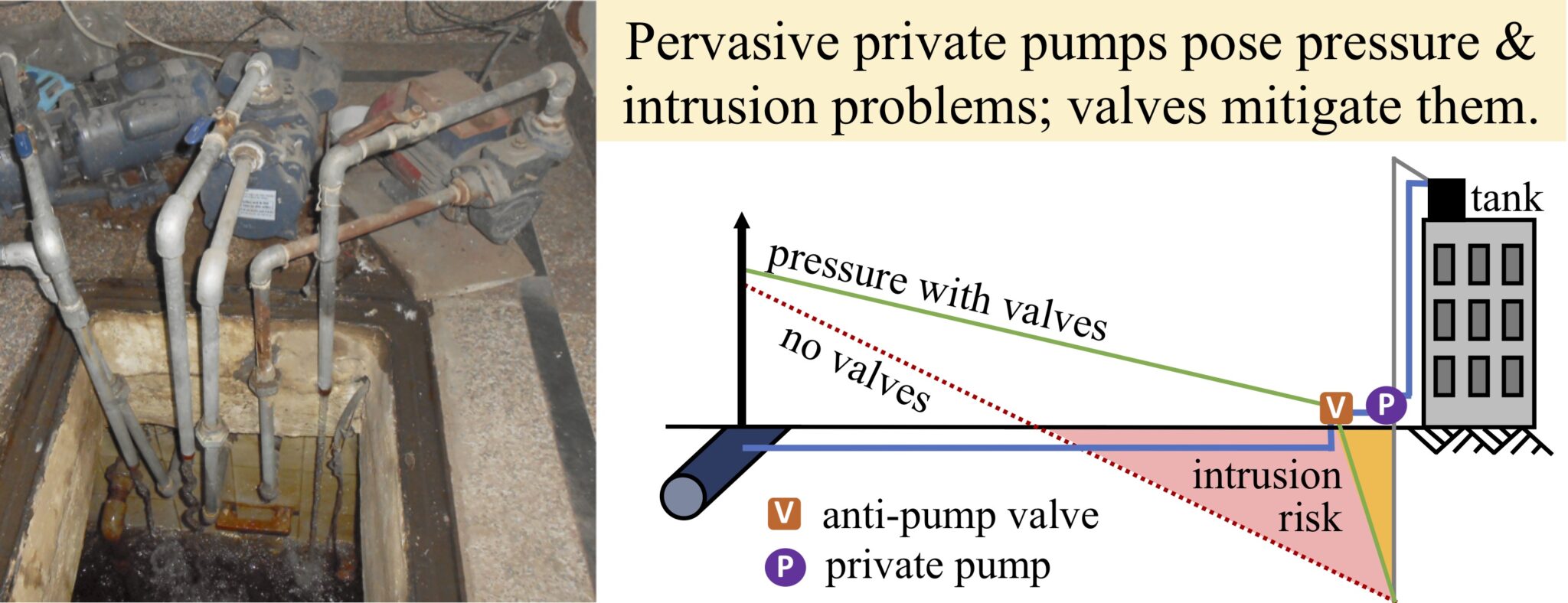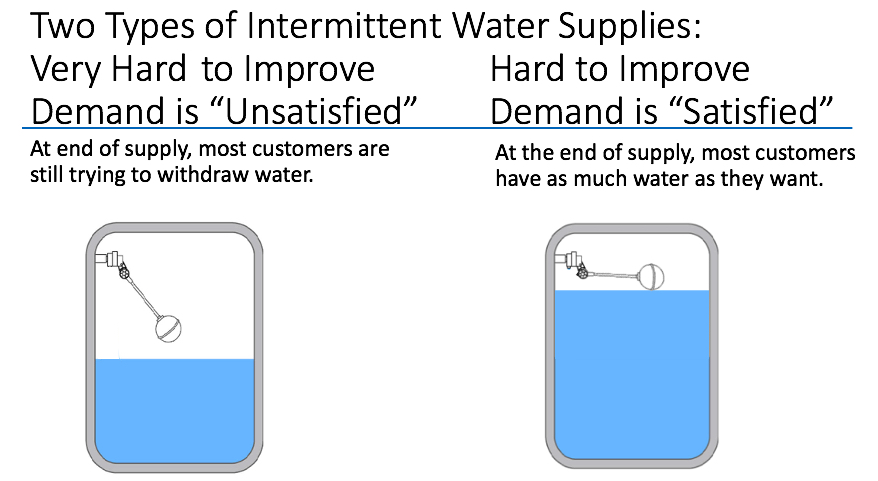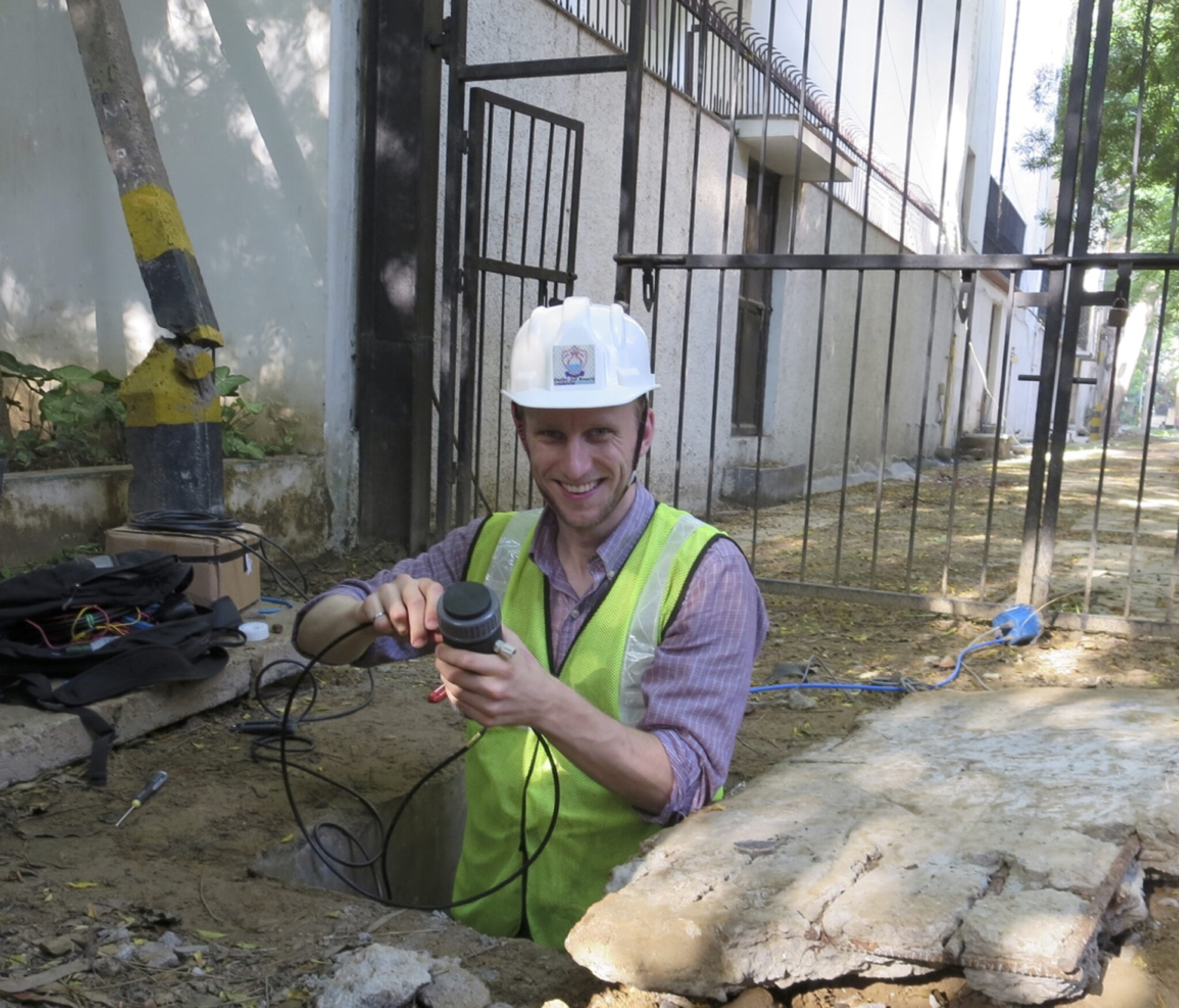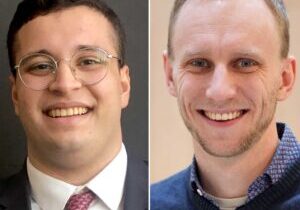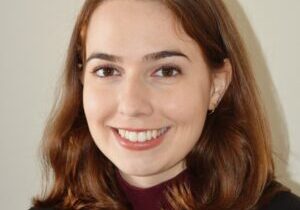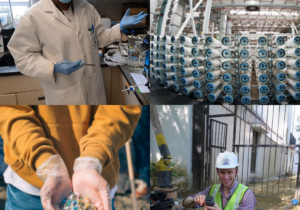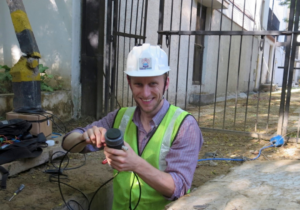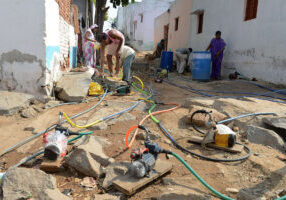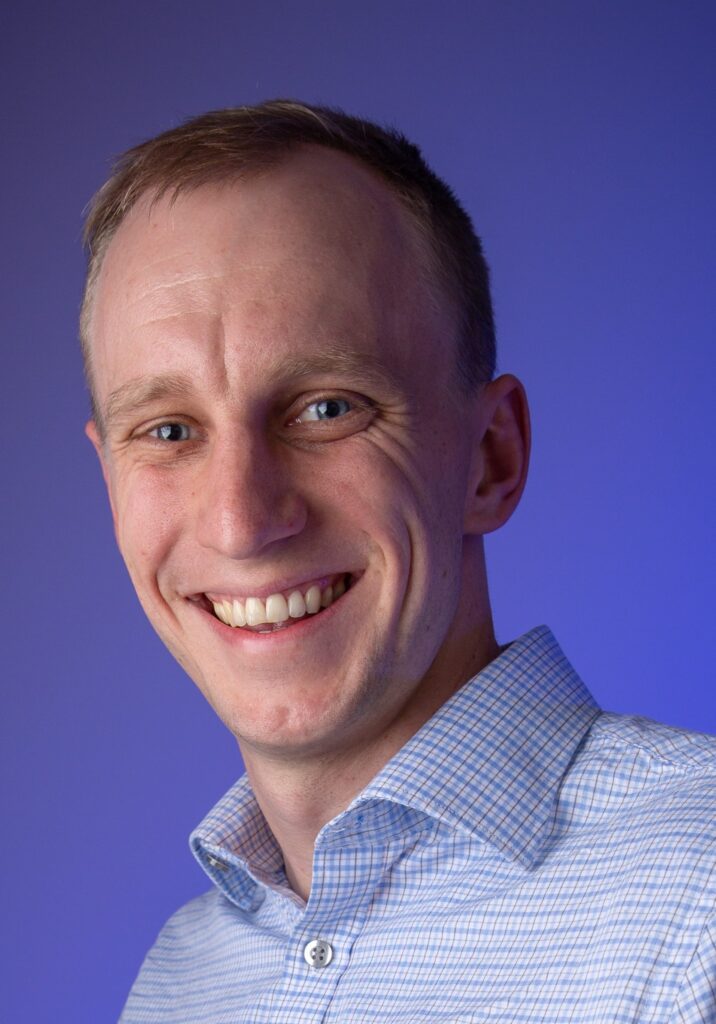
David Meyer (né Taylor)
Assistant Professor
Department of Civil & Mineral Engineering
Email: david.meyer@utoronto.ca
Office: MY787
Tel: 416-946-4013
Hydraulics, Municipal Engineering, and Global Engineering
My research focuses on urban water distribution infrastructure, and specifically how this infrastructure behaves in Mega Cities in the Global South. Projects include new ways of understanding, sensing, managing, and modelling water networks, especially networks that turn on and off frequently. Such intermittent water systems affect one billion people!
Additional projects invent new mechanisms and new sensors that change the efficacy of water and sanitation globally.
Professor David Meyer (né Taylor) completed his PhD and M.Sc. in Mechanical Engineering at MIT, is an alumnus of Engineering Science (Energy Option) at U of T. Additionally, David has worked for Engineers Without Borders (EWB) in Ghana and for HydraTek in Toronto.
Prospective Graduate Students
Want to apply your technical skills to problems that matter in the Global South? Please send me an email (see below) with the subject line Prospective Applicant – Your Name. Be sure your email includes:
- A personalized cover letter (explaining why you are interested in my research and how your experience would contribute to this research). Generic emails will be discarded.
- Your CV
- Your (unofficial) transcripts
- A writing sample (preferably related and recent; ideally published)
Publications
- Abdelazeem, D. Meyer, "How to Model an Intermittent Water Supply: Comparing Modeling Choices and Their Impact on Inequality," Journal of Water Resources Planning and Management, vol. 150, no. 1, 4023071, 2024. doi.org/10.1061/JWRMD5.WRENG-6090
- Meyer, S. Singh, J. Singh, M. Kumar, and M. He, “Learning from intermittent water supply schedules: Visualizing equality, equity, and hydraulic capacity in Bengaluru and Delhi, India,” Science of The Total Environment, vol. 892, 164393, 2023. doi.org/10.1016/j.scitotenv.2023.164393
- Erickson, K. L. Nelson, and D. Meyer, "Does intermittent supply result in hydraulic transients? Mixed evidence from two systems," Aqua Water Infrastructure, Ecosystems and Society, vol. 71, no. 11, 2022. doi.org/10.2166/aqua.2022.206
- Meyer, A. Whittle, J. Khari, and A. Slocum, “Effects of hydraulically disconnecting consumer pumps in an intermittent water supply,” Water Research X, vol. 12, 100107, 2021. doi.org/10.1016/j.wroa.2021.100107
- Meyer; C. Hill; K. McCain; J. Smith; P. Bessong; E. Rogawski McQuade; N. Wright, “Embedding Usage Sensors in Point-of-Use Water Treatment Devices: Sensor Design and Application in Limpopo, South Africa,” Environmental Science and Technology, vol. 55, no. 13, pp. 8955-8964, 2021. doi.org/0.1021/acs.est.0c08683
- Meyer, J. Gibson, M. He, “Discussion of “Dynamic Pressure-Dependent Simulation of Water Distribution Networks Considering Volume-Driven Demands Based on Noniterative Application of EPANET 2” by P. Sivakumar, Nikolai B. Gorev, Tiku T. Tanyimboh, Inna F. Kodzhespirova, C. R. Suribabu, and T. R. Neelakantan,” Journal of Water Resources Planning and Management, vol. 147, no. 8, 07021009, 2021. doi.org/10.1061/(ASCE)WR.1943-5452.0001428
- Meyer, N. Ahadzadeh, “Discussion of “Hydraulic Analysis of Intermittent Water-Distribution Networks Considering Partial-Flow Regimes” by S. Mohan and G. R. Abhijith,” Journal of Water Resources Planning and Management, vol. 147, no 11, 2021. doi.org/10.1061/(ASCE)WR.1943-5452.0001466
- Hill; K. McCain; E. Nyathi; J. Edokpayi; D. Kahler; D. Operario; D. Taylor; N. Wright; J. Smith; R. Guerrant; A. Samie; R. Dillingham; P. Bessong; E. Rogawski McQuade, “Impact of low-cost point-of-use water treatment technologies on enteric infections and growth among children in Limpopo, South Africa,” American Journal of Tropical Medicine and Hygiene, vol. 103, no. 4, pp. 1405-1415, 2020. doi.org/10.4269/ajtmh.20-0228
- Taylor, A. Slocum, and A. Whittle, “Demand satisfaction as a framework for understanding intermittent water supply systems,” Water Resources Research, vol. 55, no. 7, pp. 5217–5237, 2019. doi: 10.1029/2018WR024124
- Taylor, M. Layurova, D. Vogel, and A. Slocum, “Black Into Green: a BIG opportunity for North Dakota’s oil and gas producers,” Applied Energy, vol. 242, pp. 1189-1197, May 2019. doi.org/10.1016/j.apenergy.2019.03.158
- Taylor, R. Khush, R. Peletz, and E. Kumpel, “Efficacy of microbial sampling recommendations and practices in sub-Saharan Africa,” Water Research, vol. 134, pp. 115-125, May 2018. doi.org/10.1016/j.watres.2018.01.054
- Taylor, A. Slocum, and A. Whittle, “Analytical scaling relations to evaluate leakage and intrusion in intermittent water supply systems,” PLOS ONE, vol. 13, no. 5, May 2018. doi.org/10.1371/journal.pone.0196887
- D. Taylor, S. Paiva, and A. Slocum, “An alternative to carbon taxes to finance renewable energy systems and offset hydrocarbon based greenhouse gas emissions,” Sustainable Energy Technologies and Assessments, vol. 19, pp. 136–145, Feb. 2017. doi.org/10.1016/j.seta.2017.01.003
Research and Group in Images
Current Students
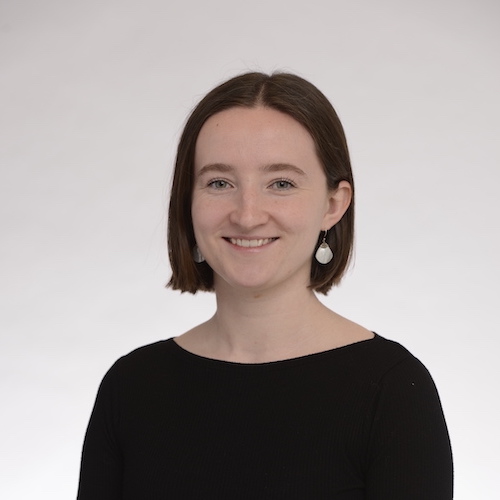
Samantha LeValley: Sami is a PhD Student studying equity among improved rural water supplies in the Global South. In 2019, she completed her BS in Mechanical Engineering at the University of Massachusetts Amherst. In 2021, under Prof. Meyer's supervision, she completed her MASc in Civil Engineering at UofT with a Collaborative Specialization in Global Health. Her MASc research explored ways to mathematically model diarrheal defecation inside the body for the Sensing Health In Toilets (SHIT) initiative.
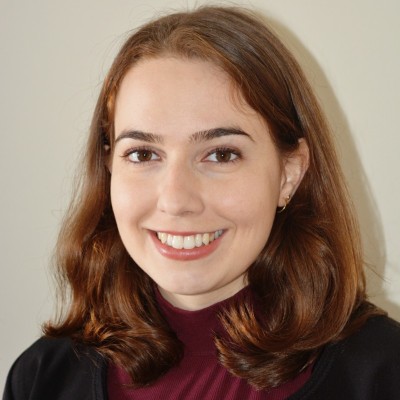
Gabrielle Migliato Marega: Gabrielle Marega is a second-year PhD student researching how to expand urban sanitation infrastructure in low and middle-income countries to achieve universal and equitable access to safely managed sanitation services. Previously, she worked as an intern at Suez and focused on the drinking water treatment process. She holds a MASc in Sanitation and Hydraulics Engineering from the University of Sao Paulo, a MA in General Engineering from CentraleSupelec (Paris-Saclay University), and a BASc in Civil Engineering from the University of Sao Paulo.
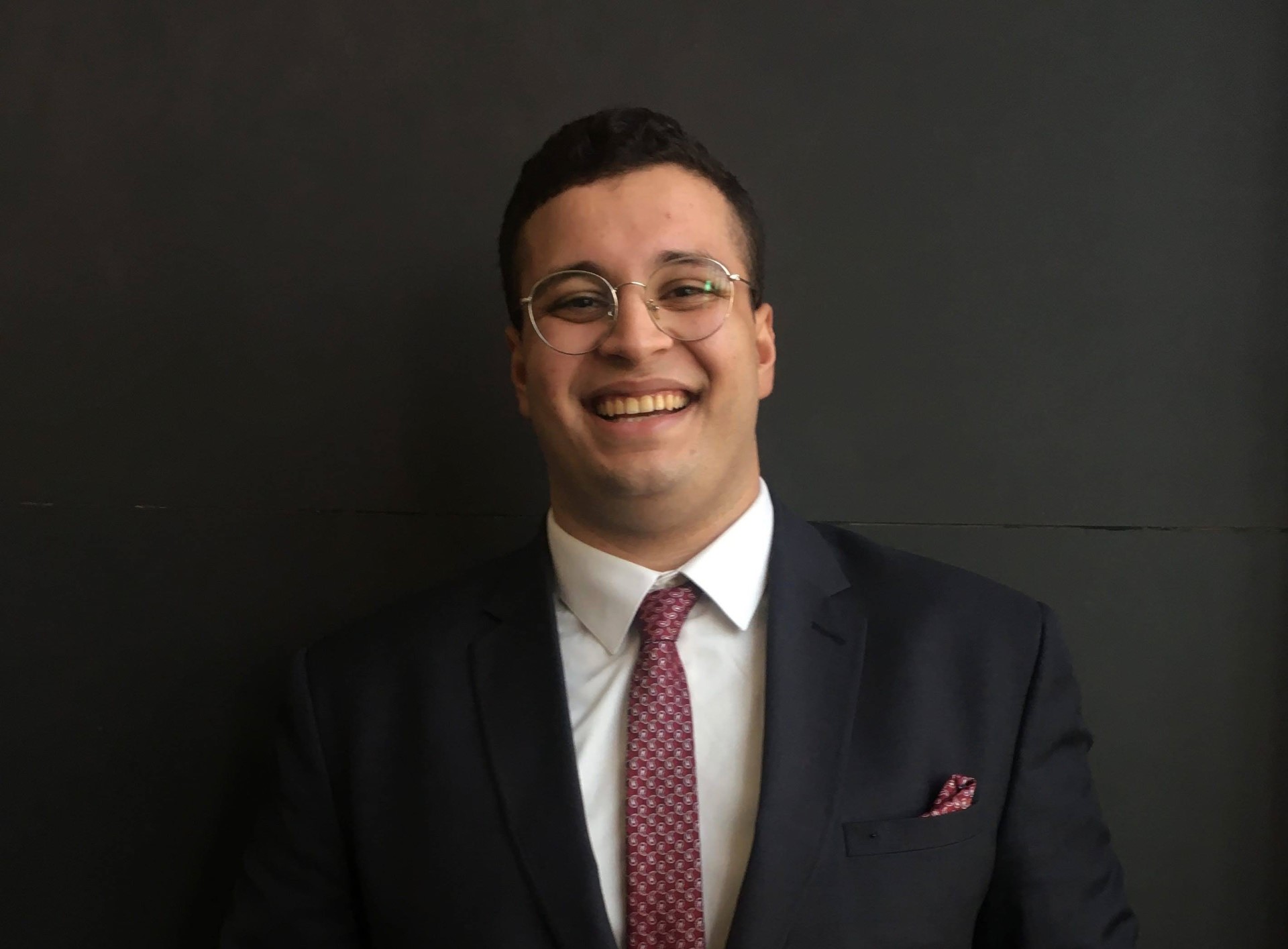
Omar Abdalazeem: Omar is a PhD student interested in improving water supply to disadvantaged populations. His research focuses on developing modelling tools and using them to improve the service quality and equality of water networks in the Global South, specifically networks that frequently shut down. Omar completed his MASc with Prof. Meyer’s group in 2023 and holds a BSc in Environmental Engineering from Zewail University, Cairo, Egypt.
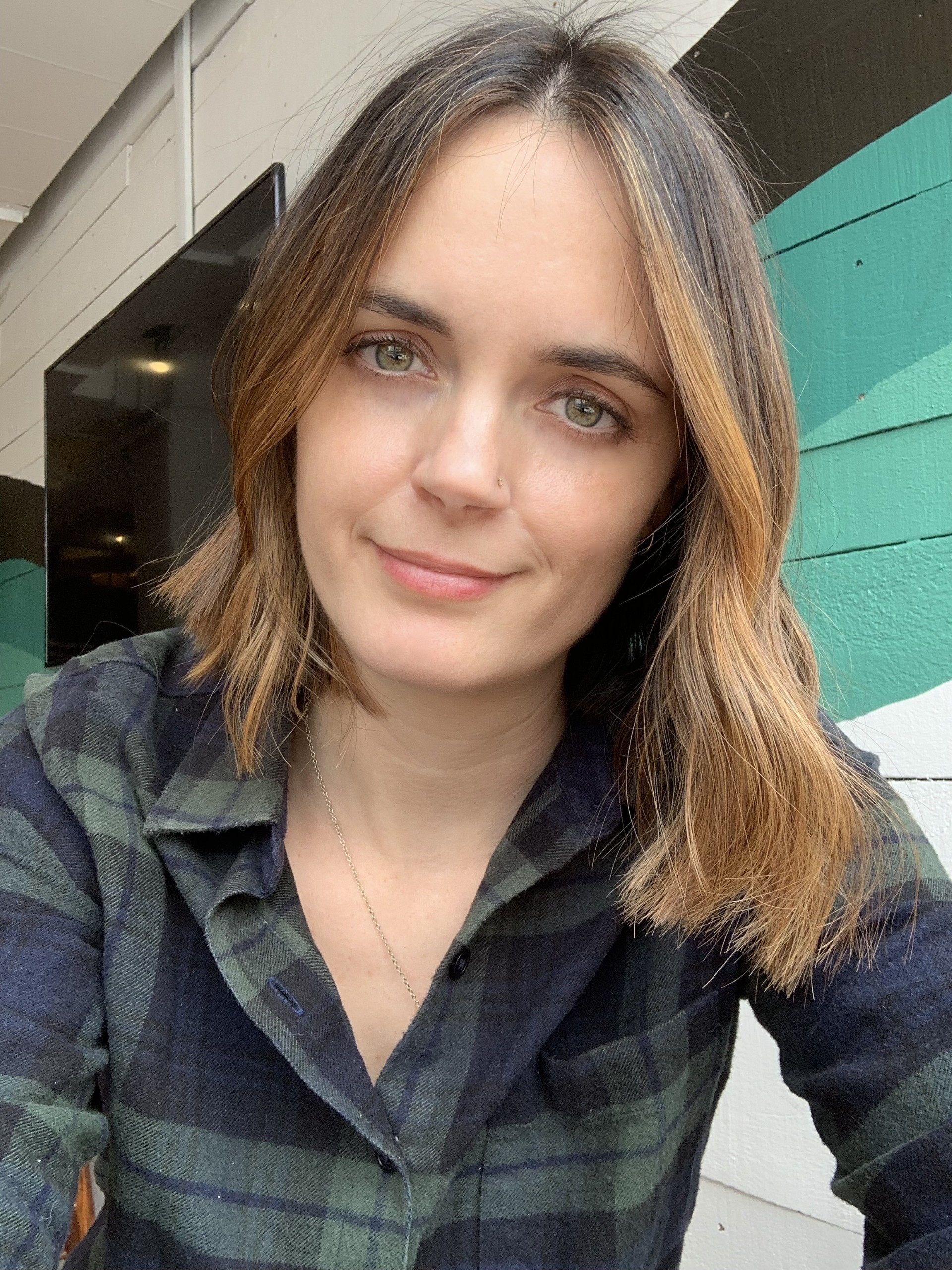
Florence Udenby: Florence Udenby is a PhD student researching equity implications in intermittently operated water distribution systems. Previously, she worked as a senior engineer for the drinking water program in the Wisconsin Department of Natural Resources, where she reviewed and approved drinking water projects. She holds a MASc. in Civil Engineering from the University of Toronto and a BSc. in Civil & Environmental Engineering from the University of Wisconsin-Madison.

Kevin Kuriakose Joseph: Kevin Kuriakose Joseph is a MASc student studying urban water supply systems in Global South. His work looks at harnessing water supply data to achieve equal water supply. Before joining the University of Toronto, he completed his B.Sc. in Mechanical Engineering at New York University.
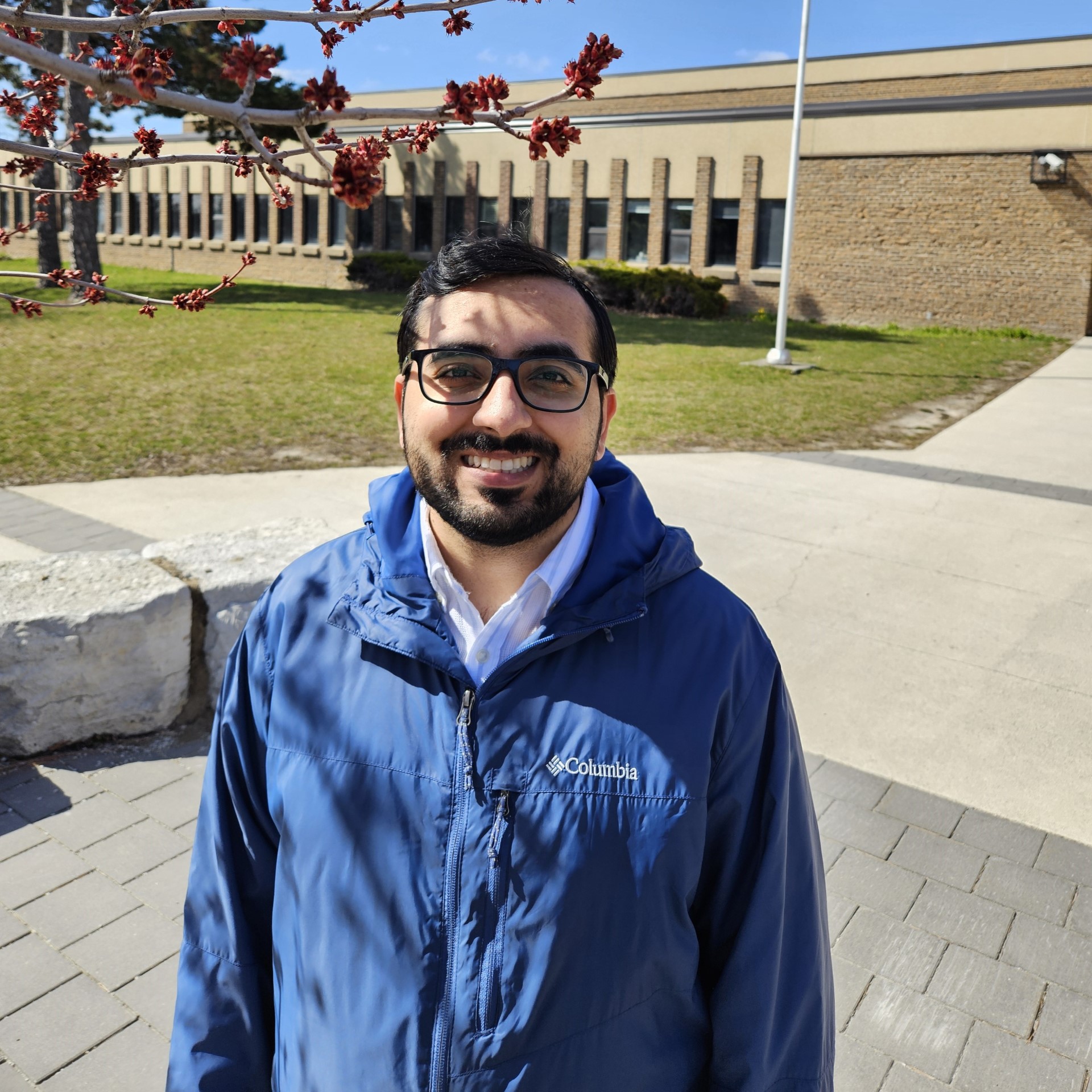
Chaitanya Ahuja: Chaitanya is a MASc student interested in reducing material use and embodied greenhouse gas emissions associated with urban water infrastructure. His research explores the role of urban form design strategies such as densification in reducing these emissions. He holds a BASc in Chemical Engineering and Sustainable Energy from the University of Toronto.
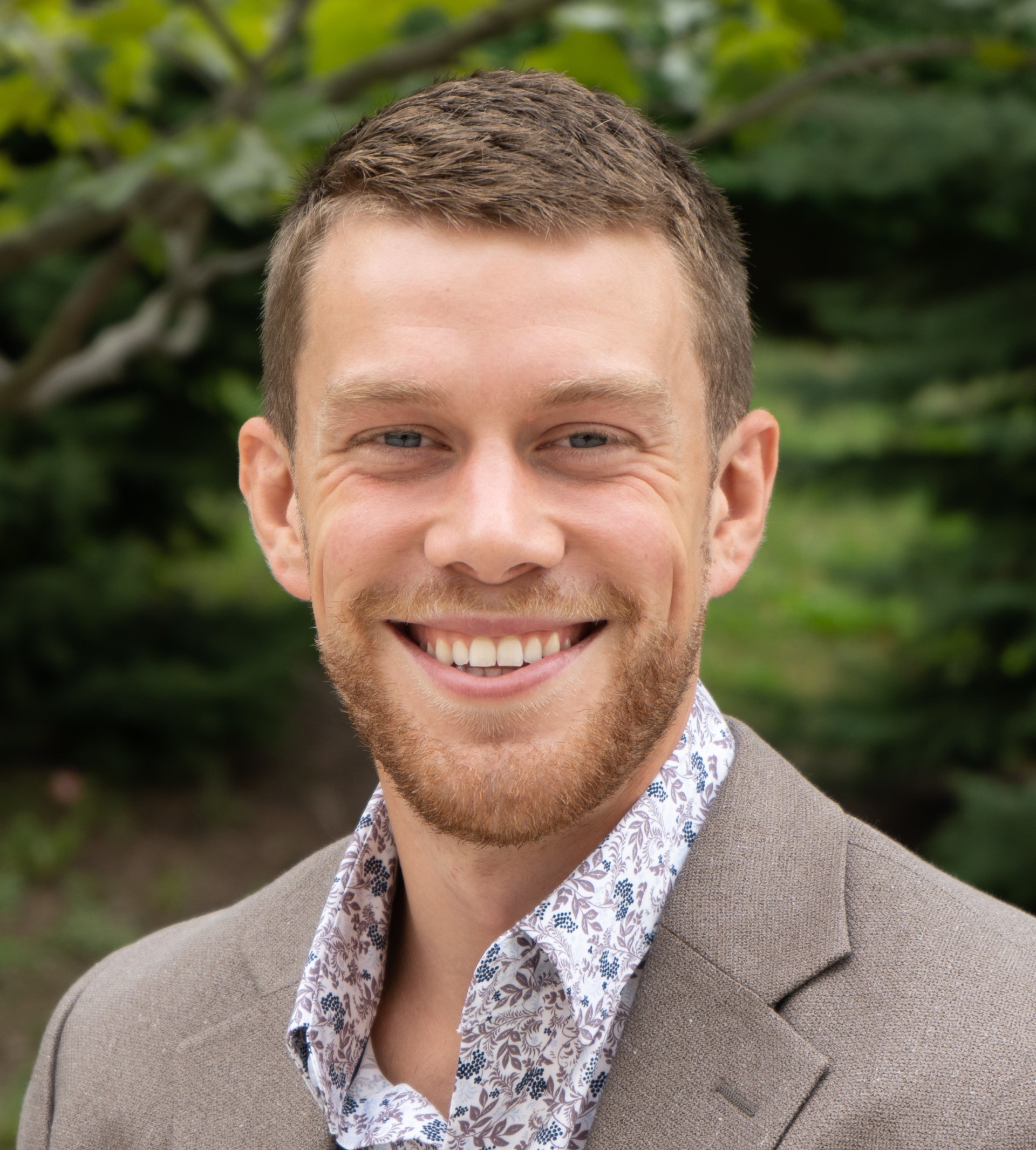
Jayden Kuzdak-Hubbs: Jayden is a research intern, collaborating with Prof. Meyer and industry experts to investigate critical infrastructure operating conditions in post-conflict urban areas. Previously, he worked as an infrastructure engineer for a consultancy providing risk and resilience planning services. He holds a MSc in Sustainability Management from the University of Toronto.
Previous Students
Negin Ahadzadeh: Negin Ahadzadeh graduated with her MASc in 2021. She is primarily interested in providing safe drinking water to underprivileged populations. Her research explored the equity implications of design practices and operational strategies in intermittent water supplies. Prior to her studies at UofT, Negin worked on modelling transient flow during filling a pipe and designing hydraulic structures of desalination plants. She holds an MA in Water and Hydraulic Structures Engineering from the University of Tehran and a BA in Civil Engineering from K. N. Toosi University of Technology.
Hamidreza Mohabbat The main focus on Hamid’s research is modelling intermittent water supply (IWS) networks. His work tries to reduce the complexity of IWS networks to shed light on the barriers of realizing continuous water supply (CWS) in the Global South. Before coming to UofT, Hamid completed his B.Sc in Civil Engineering at the University of Tehran, Iran.
Matthew Chan
